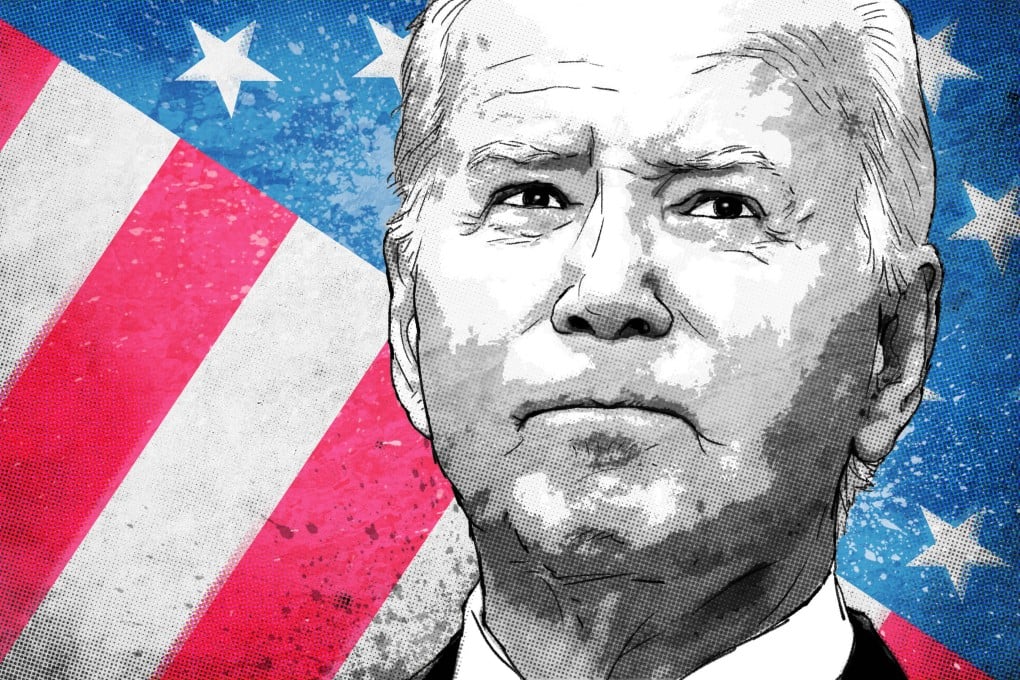Joe Biden leaves a mixed legacy on US-China affairs as he exits the world stage
Efforts at rebuilding global alliances have proved more successful than establishing an ‘end goal’ in Washington’s China strategy

During this year’s Nato summit in Washington, US President Joe Biden warned his Chinese counterpart Xi Jinping of a “price to pay” if Beijing continues aid to Moscow, after Nato labelled China a “decisive enabler” in Russia’s war against Ukraine.
For the third year in a row, Indo-Pacific nations took part in the transatlantic security alliance’s meeting, included US chip partners Japan and South Korea, and Five Eyes allies Australia and New Zealand.
The Nato gathering was just one of Biden’s efforts to bring more countries into coalitions that have underpinned US geopolitical strength for decades. Observers say they have inflicted some degree of competitive “pain” on Beijing, from economy and technology to defence, and helped to craft a more unified “China threat” narrative among allies.

That lack of clarity, they say, could undermine the alignment that he has worked so hard to build, particularly if Biden’s vice-president, Kamala Harris, loses the presidential election on Tuesday to former president Donald Trump.